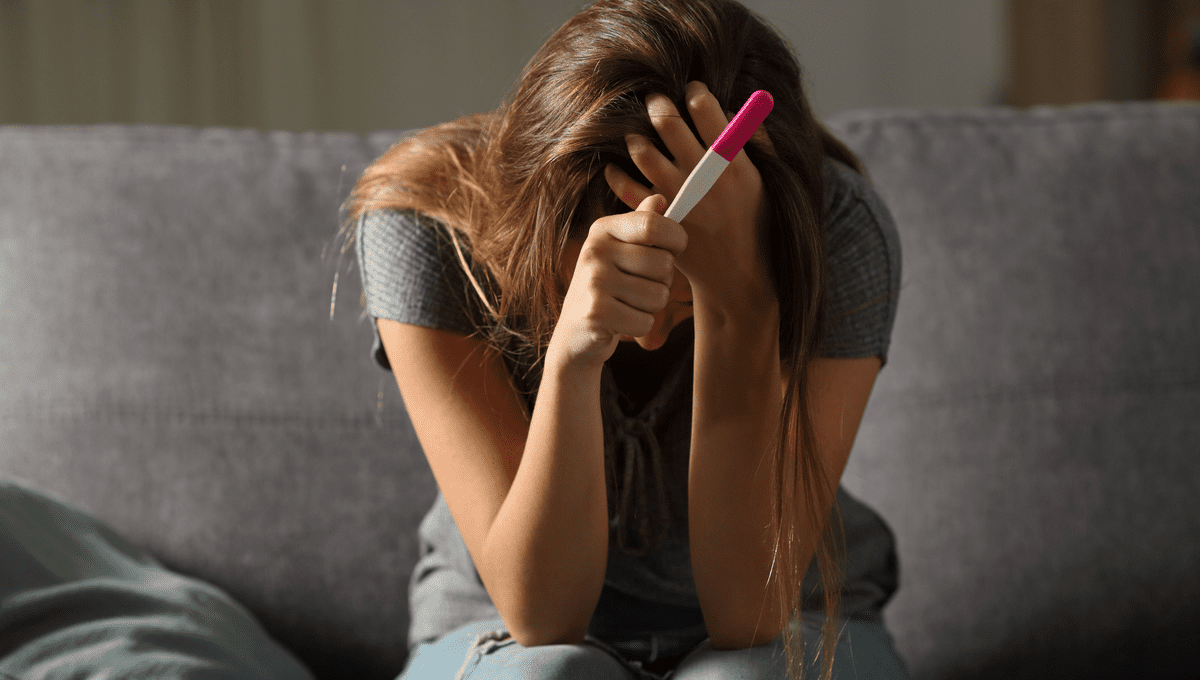
It’s no secret that removing abortion access leads to an uptick in death rates among pregnant people and babies – it’s not even surprising, really, since by definition it involves removing access to lifesaving healthcare to those who need it.
But a new study has shown another deadly aspect of draconian anti-abortion laws: they could make suicide rates shoot up among women of reproductive age.
“This association is robust – and it has nothing to do with politics,” said Ran Barzilay, a psychiatrist at the Children’s Hospital of Philadelphia and the University of Pennsylvania’s Perelman School of Medicine, in a statement. “It’s all backed by the data.”
Building on previous research that had shown a strong negative association between restricted access to reproductive healthcare and women’s career aspirations and earning potential, the team decided to analyze suicide rates among women of reproductive age over a period of more than 40 years.
“We constructed three indices that measure access to reproductive care by looking at the enforcement of state-level legislation,” Lecturer in finance Jonathan Zandberg explained. “Every time a state enforced a law that was related to reproductive care, we incorporated it into the index.”
The results were clear: the more strictly controlled access to abortion became, the higher the risk of suicide rose. The trend remained even when the team controlled for variables like the economic or political climate, and was not seen in other populations. Neither was it explained by higher risks of death generally: the team carried out the same analysis for motor vehicle death rates, another common cause of death, and saw no such effect.
While the usual caveat applies – that correlation is not causation, and this study cannot prove that restricted abortion access actually causes an uptick in suicide rates – the researchers say their approach is one of the most rigorous methods to enable causal inference.
“We’re looking at the connection between summary data about causes of death at the state level and policy and politics over many decades,” University of Pennsylvania psychologist Rebecca Waller said.
“Yet, every death represents an individual moment of tragedy,” she continued. “So, there’s clearly an awful lot more that we need to understand about what these findings mean for individual suicide risk.”
While the project can’t account for individual women’s mental health or circumstances, its findings have far-reaching implications for healthcare providers. “Stress is a key contributor to mental health burden and a major driver of increased suicide risk,” Barzilay pointed out. “We found that this particular stressor – restriction to abortion – affects women of a specific age in a specific cause of death, which is suicide. That’s the 10,000-foot view.”
As the US still grapples with its ongoing moral panic over abortion rights, big-picture snapshots like this are invaluable for informing clinical and ethical policies – as well as planning for even more dystopian future scenarios.
“Whatever your view is on all of this, it’s all over the news. It’s everywhere,” Waller concluded. “The women internalizing the stories they hear are the ones who these restrictions will affect the most.”
The study is published in JAMA Psychiatry.
Source Link: Reducing Abortion Access May Increase Suicide Rates In Young Women, Study Finds